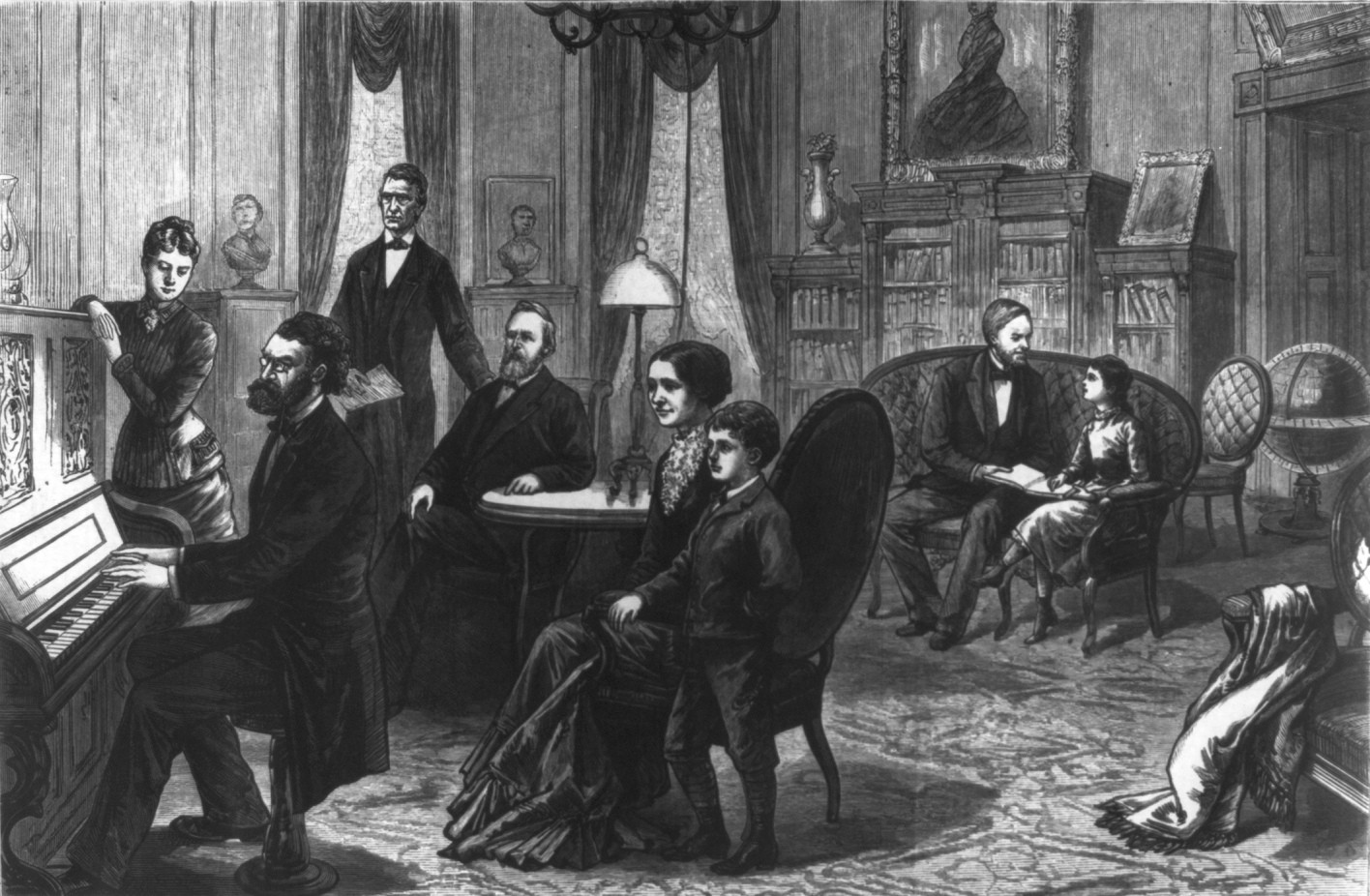

‘De Goede Dood’ by Wannie de Wijn
- Title ‘De Goede Dood’ by Wannie de Wijn
- Author Wannie de Wijn (director)
- Year 2012
- Language Dutch
- Tags Effects on Family Self-determination Feature Film
- Legislative context Termination of Life on Request and Assisted Suicide (Review Procedures) Act (2001) (Netherlands)
- Author of entry Sophia H. Rüfer
This feature film, based on the eponymous play by Wannie de Wijn, portrays the final day and a half of Bernhard’s life – he is terminally ill and has decided to have an assisted death. For this occasion, Bernhard invites his daughter Sam, his two brothers Ruben and Micheal, his partner Hannah—who is also Michael’s ex-wife—, and his friend and GP Robert who has agreed to assist in Bernhard’s death despite having reservations regarding assisted death. The film opens with Sam’s voice saying, “Morgen gaat mijn vader dood. Morgen, om negen uur” (Tomorrow, my father will die. Tomorrow, at nine o'clock). One by one, the guests arrive at Bernhard’s house. Tensions quickly rise as Michael, who does not fully understand the extent of his brother’s suffering, struggles to accept Bernhard’s decision and accuses Hannah of pressuring him into choosing an assisted death. Meanwhile, Ruben’s arrival raises concerns for Robert, who fears the emotional toll might be too great for him as Ruben is autistic and does not fully understand the situation at hand. When Bernhard finally joins the group, emotions boil over as Michael expresses his displeasure that he was not initially invited or even informed about his brother's decision. This outburst leads to a heated argument, and Michael leaves the house with Ruben and Sam. Exhausted, Bernhard retreats upstairs with Hannah while Robert also departs. In the evening, the family reunites, sharing champagne and singing around the piano. After Bernhard goes to bed, another argument erupts between Michael and Hannah, Michael still believes that Hannah manipulated Bernhard. At this point, Robert loses his composure and bluntly outlines the extent of Bernhard’s suffering and the rationale for his choice. The next morning, Robert asks Bernhard if he still stands by his decision. When Bernhard confirms that he still wants to go through with the assisted death, the family gathers to say their goodbyes. Sam and Hannah remain by Bernhard’s side, while Ruben, unwilling to witness the moment, stays in the next room, supported by Michael. Shortly after 9 a.m., following two injections, Bernhard passes away peacefully.
The play De Goede Dood, on which the movie is based, enjoyed an unprecedentedly successful national tour in 2008/2009. It attracted more than 65’000 visitors and won the Toneel Publieksprijs (theatre audience award) in 2008. The play was then adapted to a film script and shot in just over two weeks with the same cast. Despite the success of the play, the film was criticised for the stiffness of some of its scenes, which resemble a theatre performance rather than a cinematic experience. However, both the play and the film were praised for their thoughtful and nuanced handling of a difficult topic. Similar works, such as Extra tijd (2012) or De laatste reis van meneer van Leeuwen (The Garden Party 2010), also delve into family dynamics and the emotional challenges surrounding assisted dying. Like these other works, the main focus of De Goede Dood is not assisted death itself, but rather, the range of human responses to such a situation. Robert’s character embodies the emotional toll and ethical complexities of assisting in assisted deaths. He does not have doubts about the morality of assisted dying itself, but rather as to whether or not he fully considered the case of every patient in whose death he assisted. Despite the toll these assisted deaths have taken on him, he decides to help Bernhard, which signals both his compassion and the moral weight of honouring a friend's final request. Meanwhile, other characters calmly accept Bernhard’s decision, use dark humour as a coping mechanism, or incite tense arguments over unresolved issues. These varied forms of grief invite the audience to reflect on what their own reactions might be in similar circumstances. The razor-sharp dialogues capture the tensions that arise—over the past, inheritance, and personal dynamics—while carefully balancing between sentimentality, genuine emotion, and moments of comic relief. Director de Wijn presents an intimate and raw portrayal of a family navigating an emotional and raw moment, which invites the audience to reflect.
Suggested citation
-
De Goede Dood, Assisted Lab’s Living Archive of Assisted Dying, November 2025 <link>
Reviews
- Recensie: ‘De Goede Dood’ van Impresariaat Wallis, Simber, 2008 → simber.nl
- De goede dood (2012), Cinemagazine, 2012 → cinemagazine.nl
- De goede dood (2012), Filmtotaal, 2012 → filmtotaal.nl
- De goede dood, Filmkrant, 2012 → filmkrant.nl
- De goede dood, Filmbekeken, 2012 → filmbekeken.com
- De goede dood, Het Parool, 2012 → parool.nl
Media citations
- Een gelukkig mens dankzij «De goede dood», De Gelderlander, 2008 → gelderlander.nl
- De Goede Dood genomineerd voor toneelprijs, Eindhovens Dagblad, 2008 → ed.nl
- De goede dood, Nederlands Film Festival, 2012 → filmfestival.nl
- De goede dood, VPRO, 2012 → vpro.nl
- Film: De goede dood – Wannie de Wijn, Medisch Contact, 2012 → medischcontact.nl
- De Goede Dood, De Volkskrant, 2012 → volkskrant.nl
- A Good Death explores the four stages of death, The Globe and Mail, 2013 → theglobeandmail.com
Interest Group citations
- De goede dood, The End, 2012 → thisistheend.nl